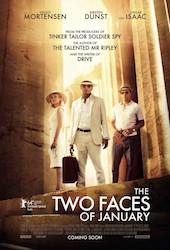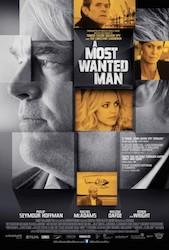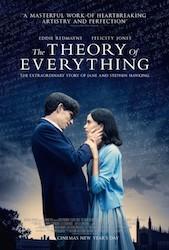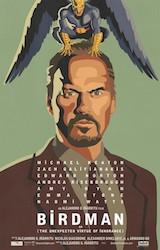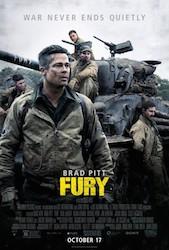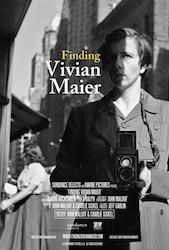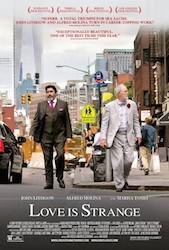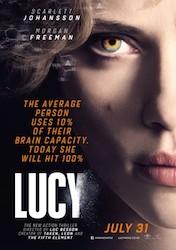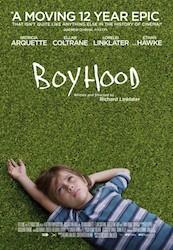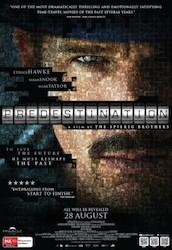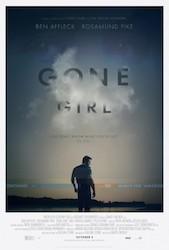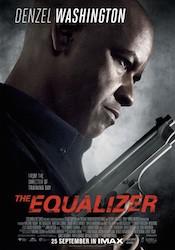“Gone Girl”- Nick Dunne (Ben Affleck), a seemingly happily married man, comes home one day to find the front door open, his cat sitting on the sidewalk, signs of a struggle in the living room, and his wife Amy (Rosamund Pike) gone. Dunne, who owns a local bar with his sister Margo (Carrie Coon), reports his wife’s disappearance to the police and an investigation is begun, led by Detective Rhonda Boney (Kim Dickens). Little by little, Boney discovers clues that lead the police and the public to believe that Nick killed his wife. Although the book contained flashbacks by both husband and wife, the film, directed by David Fincher, concentrates on Amy’s point of view to enlighten us about the secrets that led this couple from marriage and jobs in New York City to joblessness in a small town in Missouri and eventually to Amy’s disappearance. Gillian Flynn had a great idea for her story but the film, just like the book, has what must be the most disappointing and rather pathetic ending I’ve ever seen in a film of this type. In fact, after over two hours of suspense, the film ends not with a bang but with a whimper of a completely unlikely conclusion. The end literally makes no sense as it requires Nick to act in a way that is utterly out of character from the way he was portrayed in the rest of the film. One thing “Gone Girl” does well, however, is vilify TV gossip media and rash public opinion as Nick and Amy’s story goes viral nationally. As for the cast, I was rather disappointed with some of the performances, particularly those of Rosamund Pike and Kim Dickens, who seemed uncomfortable in their roles. The cast also included Neil Patrick Harris as a former boyfriend of Amy, and Tyler Perry as Tanner Bolt, the top Chicago lawyer hired by Nick to defend him from murder charges. David Clennon and Lisa Banes were fine as Amy’s overbearing parents who publicized her entire childhood via books about “Amazing Amy.” “Gone Girl” is a complicated story and yet the film really drags when it runs well over two hours, ultimately leading to the dud ending. That’s a shame, because Gillian Flynn did have a great idea for a suspense tale. She just didn’t know how to end it satisfactorily. C+ (1/2/15) | |




